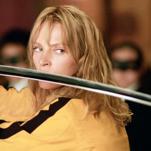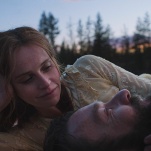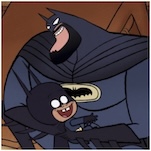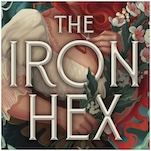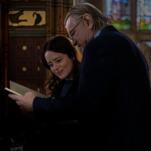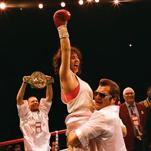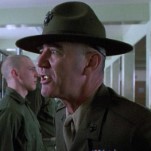The MVP: Rhys Ifans Brings Nuance and Realpolitik to House of the Dragon’s Otto Hightower
Subscriber Exclusive
Photo Courtesy of HBO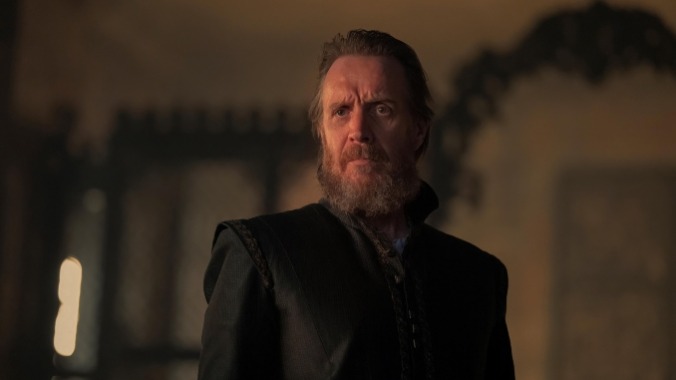
Editor’s Note: Welcome to The MVP, a column where we celebrate the best performances TV has to offer. Whether it be through heart-wrenching outbursts, powerful looks, or perfectly-timed comedy, TV’s most memorable moments are made by the medium’s greatest players—top-billed or otherwise. Join us as we dive deep on our favorite TV performances, past and present:

For all of House of the Dragon’s faults, one area above reproach is its excellent ensemble cast. Much like Game of Thrones before it, this series has a deep lineup of talented performers that make us invested in all the political intrigue: Paddy Considine conveys Viserys’ affability and grief, Emma D’Arcy foregrounds Rhaenyra’s inner conflicts, Matt Smith is irreplaceable as an insufferable dirtbag uncle, and that’s just the tip of the iceberg. But of these many impressive performances, my favorite of the bunch doesn’t have anywhere near the most screen time (largely because he keeps getting banished), bolstering every scene as they bring to life one of this story’s best characters. Throughout this show’s run, Rhys Ifans’ performance as Otto Hightower has brought subtlety and guile to a story sometimes lacking these qualities, as this actor has rendered the nuance behind a (mostly) calm and collected statesman.

-

-

-

-

-

-

-

-

-

-

-

-

-

-

-

-

-

-

-

-

-

-

-

-

-

-

-

-

-

-

-

-

-

-

-

-

-

-

-

-




